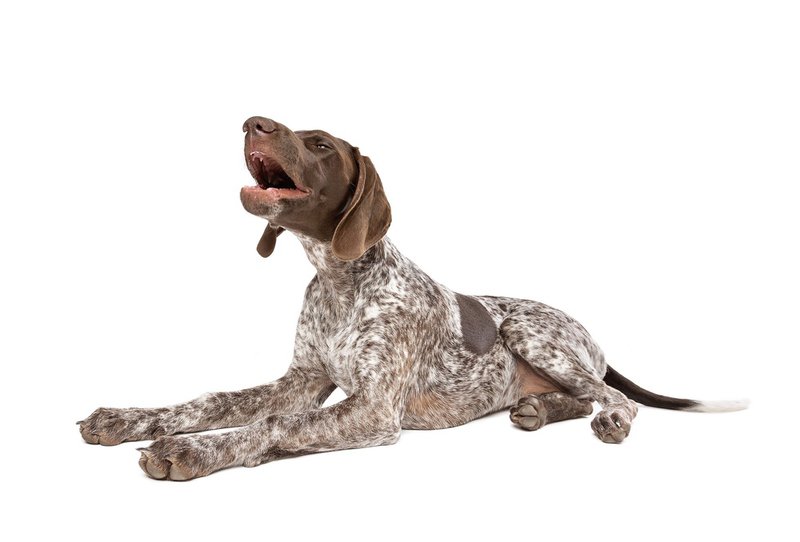Does your dog sneeze quite often, but you have no idea whether you should worry or not? There are several reasons why dogs sneeze. Some are innocent, whereas others are more serious and are a cause for worry.
Dogs tend to sneeze when they are excited, want some attention, or simply want to communicate something normal. However, in some cases, your dog may sneeze due to allergies, mites, or health issues.
Knowing the reason why your dog sneezes will help you identify whether your dog needs medical attention or not. Let’s dive into the various reasons why your dog could be sneezing.
9. Allergies
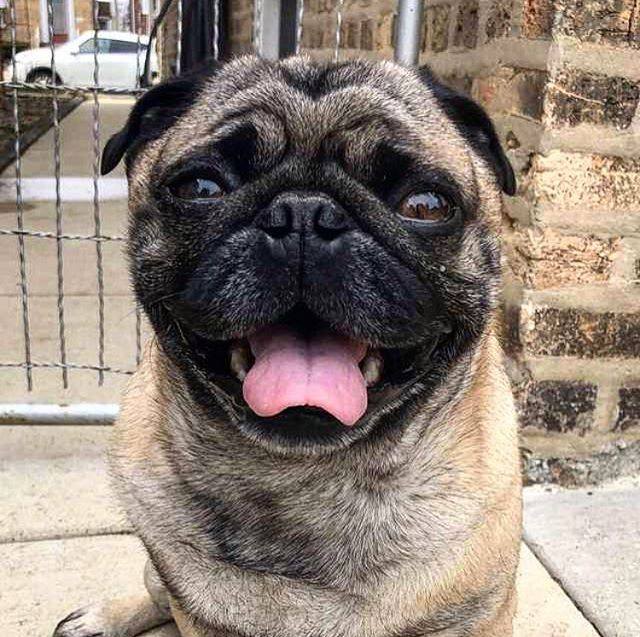
Dogs suffer from seasonal allergies that cause them to sneeze. If your dog typically sneezes and experiences nasal discharge when they are just outside or near an open window then, the cause behind your dog’s sneezing is season allergies.
One of the most common reasons your dog could sneeze is a result of food allergies. You can identify whether your dog has a food allergy by looking out for other symptoms such as digestive issues, rashes, lethargy, and weight loss.
8. Tumor
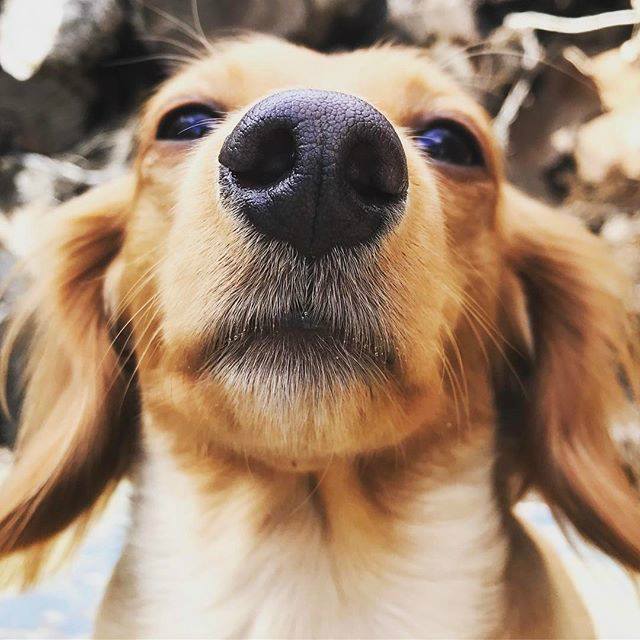
If your dog is older than seven years, they are more prone to nasal tumors than younger dogs. Dogs affected by nasal tumors experience sneezing that increases in frequency and intensity as their tumor develops.
Along with sneezing, your dog will experience other respiratory symptoms such as wheezing, coughing, and nasal discharge. When you notice these symptoms, you should take your dog to a veterinarian because time is of the essence when dealing with tumors.
7. Mites
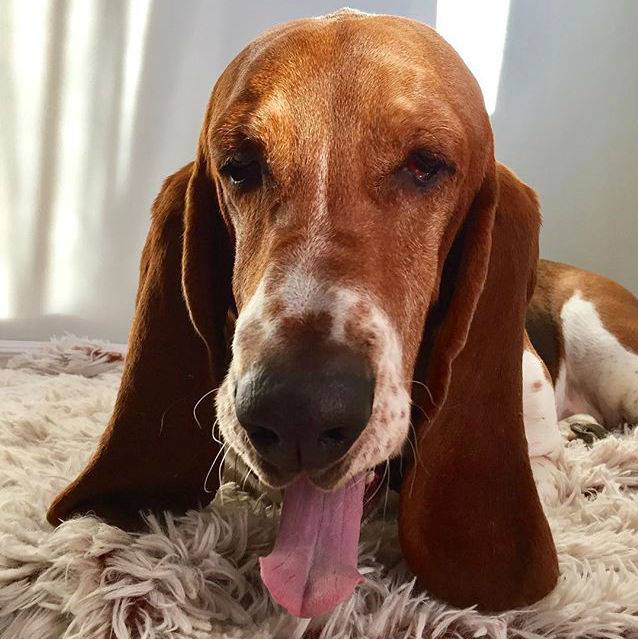
Nasal mites are small bugs that live in the nasal canal of dogs. They latch onto dogs while dogs dig and rub their faces against dirt. Nasal mites can affect any dog and cause severe irritation, resulting in frequent sneezing and nasal discharges of both blood and mucus.
Your veterinarian would typically prescribe a drug called Ivermectin. Ivermectin was originally developed to treat internal parasites, so your veterinarian will give you specific instructions on how to use it.
6. Breed Susceptibility

Some breeds are naturally prone to sneezing as a result of the shape of their throats and muzzles. Such is the case for brachycephalic breeds which are notorious for their inherent susceptibility to various respiratory issues.
Brachycephalic breeds include Bulldogs, Pugs, and Boston Terriers. Their short heads result in their nasal passages being compressed and ultimately cause them to sneeze.
5. Reverse Sneezing
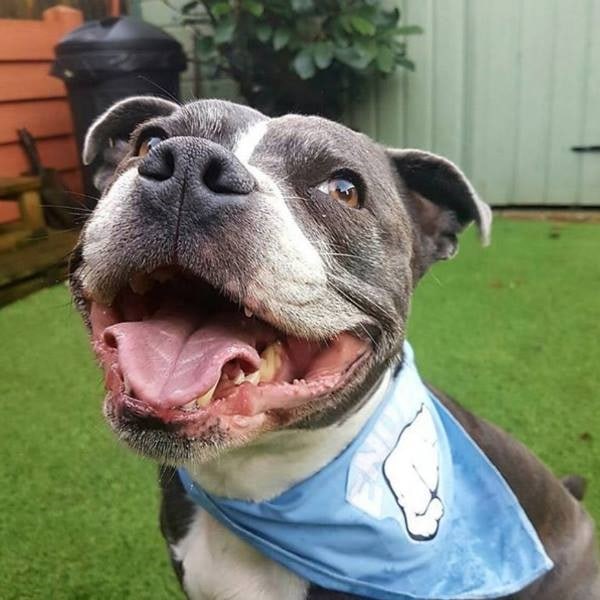
Reverse sneezing occurs when your dog’s soft palate is inflamed. The soft palate is a muscle at the back of your dog’s mouth that helps your dog to swallow, breathe, and vocalize. When becoming inflamed, the soft palate will spasm and causes your dog to reverse sneeze.
The reverse sneeze sounds like your dog is swallowing their sneeze. Although it is not painful to your dog, your dog should be examined by a veterinarian because you could assume that it is a reverse sneeze when it is coughing or choking.
4. Foreign Bodies
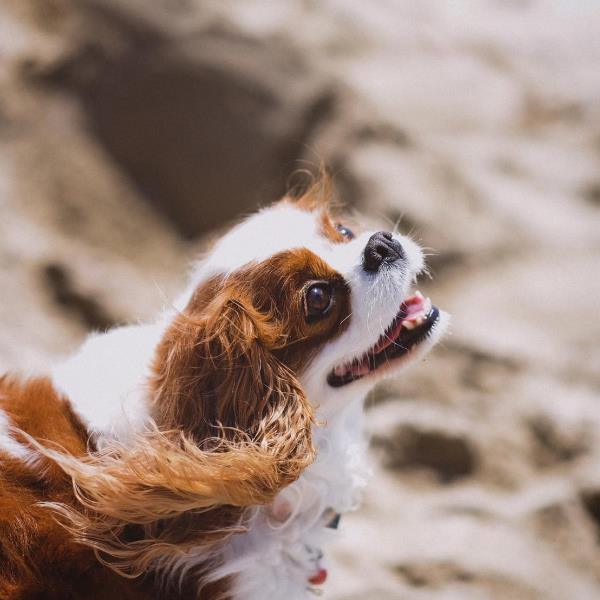
Most dogs are sensitive to airborne irritants, such as dust and pollen. When dogs inhale these irritants, they get stuck in the dogs’ nasal canals, which causes them to sneeze. Examples of other airborne irritants can include smoke, scented candles, and air fresheners.
Other foreign bodies, such as grass, foxtails, and twigs, can get stuck in your dog’s nasal canal and cause intense irritation. Your dog’s sneezing would typically be more severe and cause your dog significant discomfort and result in them sneezing blood.
3. Infections

Fungal or bacterial infections in the nasal passage or sinuses can cause frequent sneezing. Sneezing due to infections can be identified by taking note of the other accompanying symptoms such as difficulty breathing, nasal bleeding, and coughing.
Oral infections also cause dogs to sneeze frequently. You can identify whether your dog is affected by an oral infection by looking into their mouth. Red and swollen gums and discolored teeth are indications that your dog may have an oral infection.
2. Playful Sneezing

Some dogs sneeze when they are excited and having fun. This form of sneezing is a natural response to the excitement and is often a convenient way to identify whether your dog is truly having fun or not.
It is believed that when dogs have fun, they curl their nose, which results in them sneezing. Hence, you should not worry if your dog sneezes while playing with other dogs or with you.
1. Communication

Dogs tend to sneeze as a way to communicate with one another and with humans too. Dogs often fake their sneeze so that they can get some attention. If your dog sneezes while you are eating or around their usual mealtime, your dog is likely faking it.
When your dog is faking their sneeze, they will do so right in front of you, move closer to you and even nudge you as they sneeze so that you do not ignore them.
Related Questions
What Can I Give My Dog For Sneezing? You can first give your dog probiotics to boost their digestive system and decrease their vulnerability to seasonal allergies. Other remedies include apple cider vinegar, honey, Kali bichromicum, and increased hydration.
Should I Be Worried If My Dog Is Sneezing? If your dog casually sneezes now and then, you should not worry because it is very natural for dogs to sneeze. However, if their sneezing persists, you should look out for other symptoms because your dog is affected by a health condition.
What If My Dog Is Sneezing Blood? Sneezing blood is an indication that you take your dog to the veterinarian for a check-up. Sneezing blood could be caused by foreign objects, such as grass awns, stuck in your dog’s snout. Other causes include health conditions, such as nasal tumors and infections.

